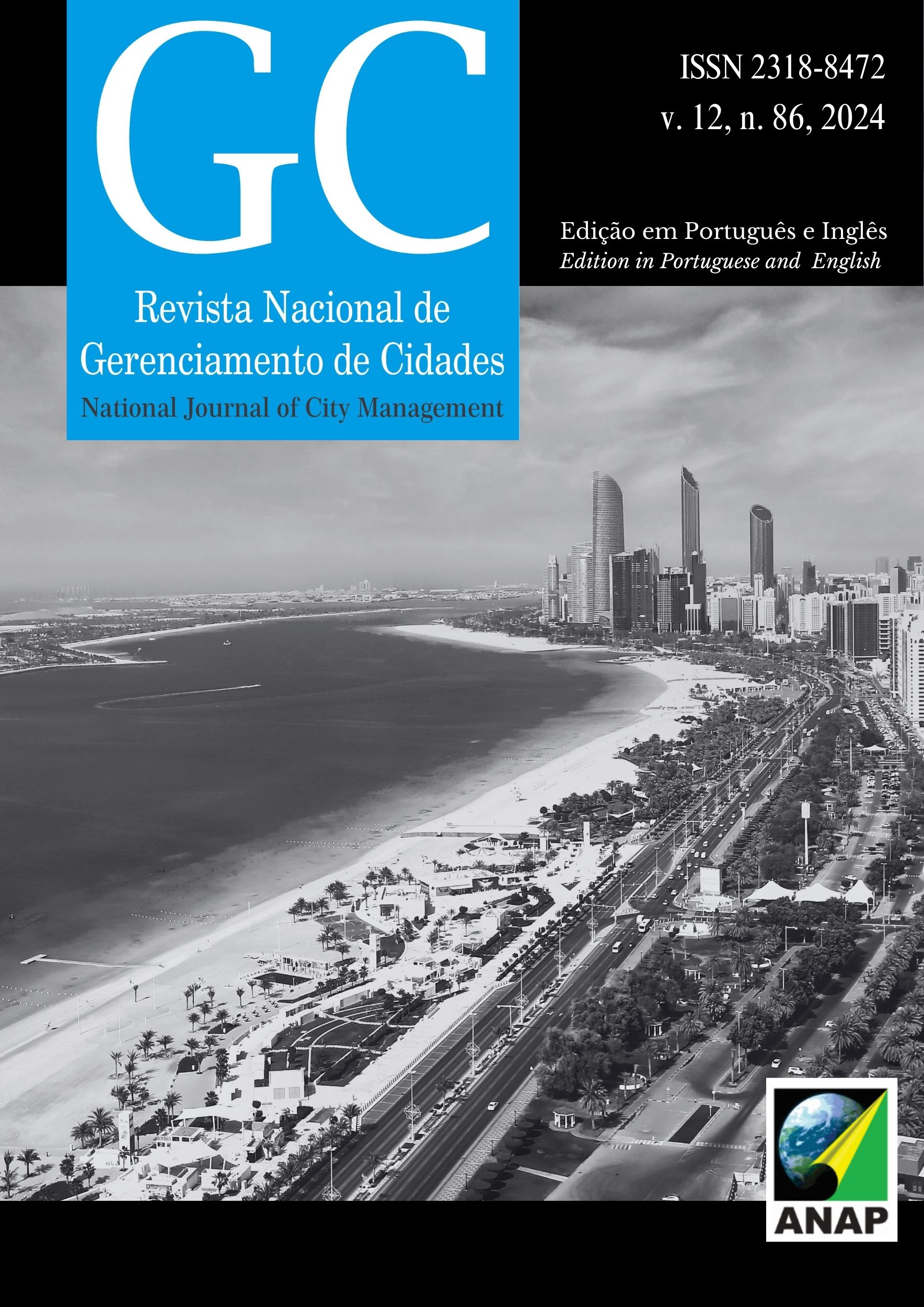Methodologies for evaluation of Brazilian urban mobility policy
A systematic review
DOI:
https://doi.org/10.17271/23188472128620245315Keywords:
Urban Mobility Policy, Systematic Review, Evaluation methodologiesAbstract
Brazil's National Urban Mobility Policy promotes sustainable mobility by prioritizing public and non-motorized transport in the population's travel matrix. To implement this policy, Urban Mobility Plans must not only contain guidelines and supporting instruments but also establish a systematic approach for evaluation, revision and periodic updating, requiring the adoption of an evaluation and monitoring methodology adapted to the reality of each municipality. To provide an overview of the main methods used to evaluate urban mobility policy in the Brazilian context, this article uses the methodological procedures of a Systematic Literature Review. The selection of 19 works evaluated was made in the Brazilian Digital Library of Theses and Dissertations, whose analysis allowed us to identify: (i) a predominance of research that uses the analysis of legislation, in contrast to the small number that deals with mobility in loco; (ii) the use of the Urban Mobility Law as a reference for defining the parameters for evaluating urban mobility policy in most studies; (iii) a balance in the parameters used in the studies, guaranteeing coverage of the main urban mobility issues, even with different approaches. The results have demonstrated that the evaluation of urban mobility policy must use different methods, techniques and tools, either in combination or individually, and should be conducted periodically, to effectively meet the demands and specificities of each city.
Downloads
Downloads
Published
Issue
Section
License
Copyright (c) 2024 National Journal of City Management

This work is licensed under a Creative Commons Attribution 4.0 International License.














